Amidst recent internal turbulence at OpenAI, where one wave of conflicts subsided only for another to emerge, the relationship between OpenAI and Microsoft has now caught the attention of the European Union's antitrust regulators.According to the latest reports from the media, Microsoft’s $13 billion investment in OpenAI is facing an investigation by the European Union. The EU Commission stated on Tuesday that it is examining whether Microsoft’s investment in OpenAI complies with the EU’s “merger” regulations. If deemed necessary conditions are met, regulatory authorities may initiate a formal investigation into the arrangement.
The recent internal disputes at OpenAI exposed the deep ties between the two companies. Microsoft’s investment of $13 billion in OpenAI, holding a 49% stake, does not grant direct control over OpenAI.
However, in reality, Microsoft, as a traditional tech giant, has rapidly solidified its leadership position in the field of artificial intelligence by deeply integrating state-of-the-art AI technology into almost all products through its dual binding of technology and ownership with the most promising and powerful AI startup.
Previously, regulatory agencies in the UK, US, Germany, and other countries had raised questions and initiated investigations into the relationship between the two. Analysts suggest that if the investigations persist, it might lead to the separation of the two companies or other structural changes. Microsoft’s pre-market stock price dropped over 0.5%, currently down by 0.33%.
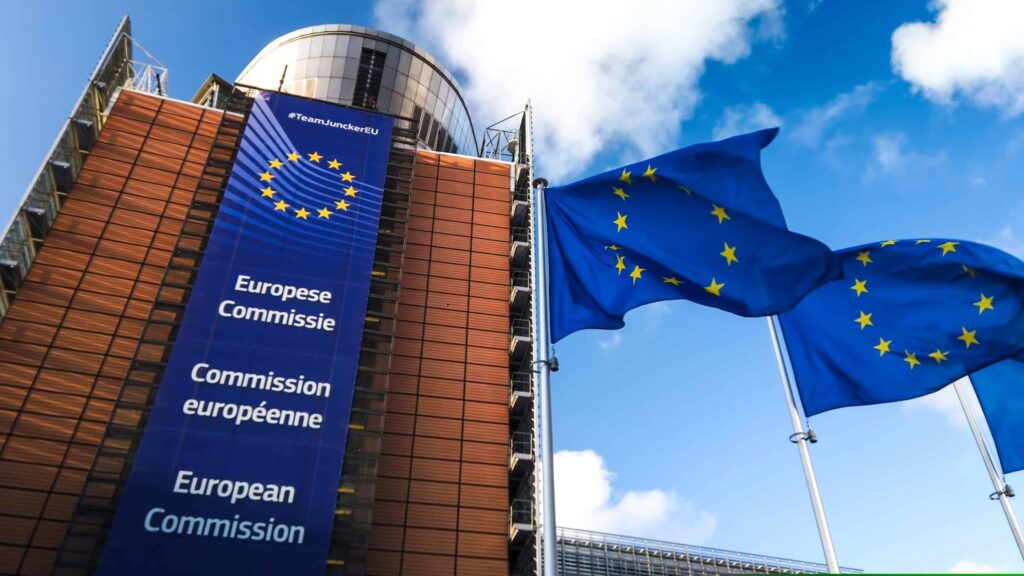
Global Regulatory Scrutiny on Microsoft’s Investment in OpenAI
The relationship between Microsoft and OpenAI has triggered regulatory scrutiny globally, with regulatory agencies in the UK, US, Germany, and other countries raising concerns.
The UK Competition and Markets Authority (CMA) stated that they are examining the relationship between OpenAI and its major investor, Microsoft, to clarify whether this collaboration is effectively a “merger.”
The German Federal Cartel Office previously noted that their collaboration is subject to merger control rules, but they will review it again if Microsoft increases its influence on OpenAI in the future. Additionally, the US Federal Trade Commission has questioned the relationship between the two companies.
Analysts believe that if these investigations continue, antitrust authorities may consider the investment transaction leading to a lasting change in control or meeting certain merger review criteria, potentially resulting in the separation of the two companies or other structural changes.
Furthermore, this Tuesday, the EU antitrust enforcement agency announced the solicitation of feedback on potential competition issues in the field of generative AI and virtual worlds. It highlighted that the EU’s investment in the AI sector is expected to exceed €7.2 billion in 2023, with the virtual world market projected to exceed €11 billion in 2023. This exponential growth could significantly impact the competitive landscape of businesses.
Max von Thun, the European director of the Open Markets Institute focusing on strengthening antitrust laws, stated that the AI sector is poised for a wave of antitrust reviews. Given the increasing concentration in the AI sector, other regulatory investigations may follow suit. Antitrust authorities must act promptly to investigate these transactions, including, if necessary, undoing them to maintain competition and prevent the monopolization of this critical emerging technology.
The “Delicate Relationship” between Microsoft and OpenAI
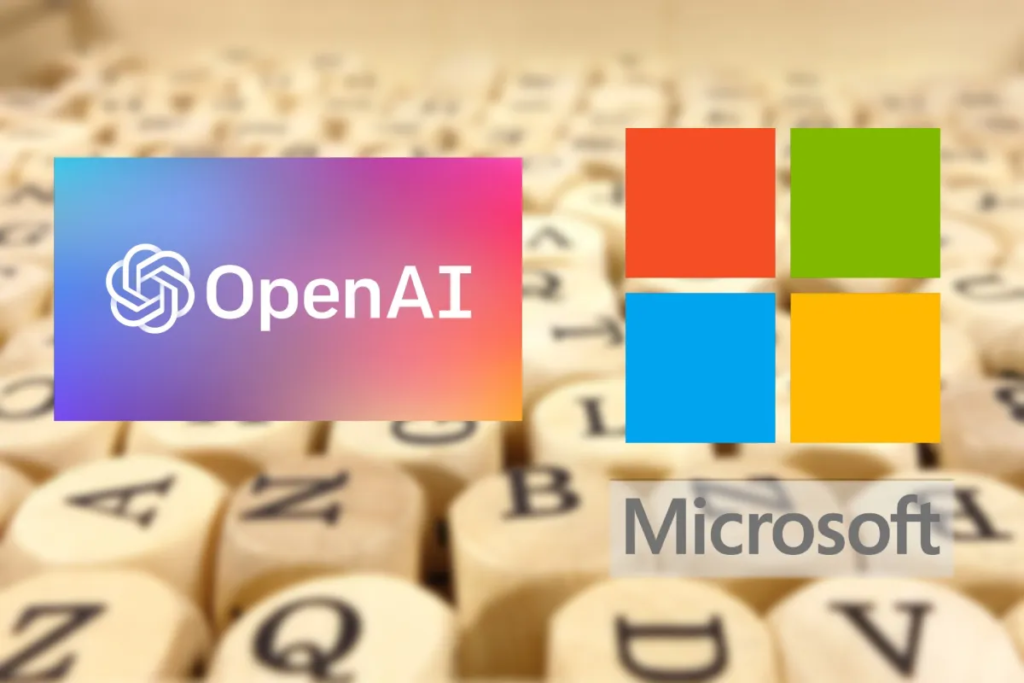
Recently, the turmoil at OpenAI, involving the dismissal and subsequent reappointment of CEO Altman, laid bare the intricate connections between the two companies.
Following Altman’s dismissal from the OpenAI board, Microsoft’s stock price immediately fell. Microsoft CEO Nadella personally intervened in negotiations and actively promoted Altman’s return to the company, expressing Microsoft’s willingness to hire Altman.
To circumvent antitrust scrutiny, Microsoft holds only a 49% stake in OpenAI, lacking direct control over the latter. A Microsoft spokesperson clarified on the evening of the 8th:
“While the details of our agreement remain confidential, it must be noted that Microsoft does not have control over OpenAI; it only qualifies to share profit distribution.”
In reality, the nuanced relationship between the two lies in Microsoft, a traditional tech giant, leveraging its $13 billion investment to intricately bind itself to the technology and ownership of the most promising and powerful AI startup. In just five years, Microsoft effortlessly led the forefront of the AI era, achieving a dominant position by seamlessly integrating the most advanced AI technology into almost all its products.










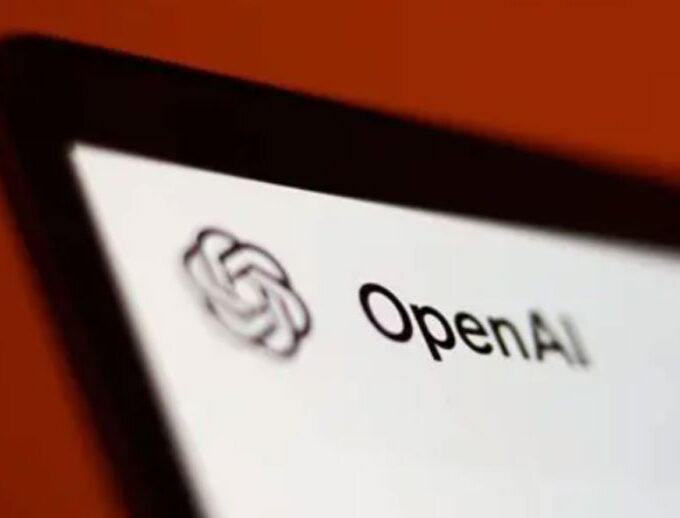
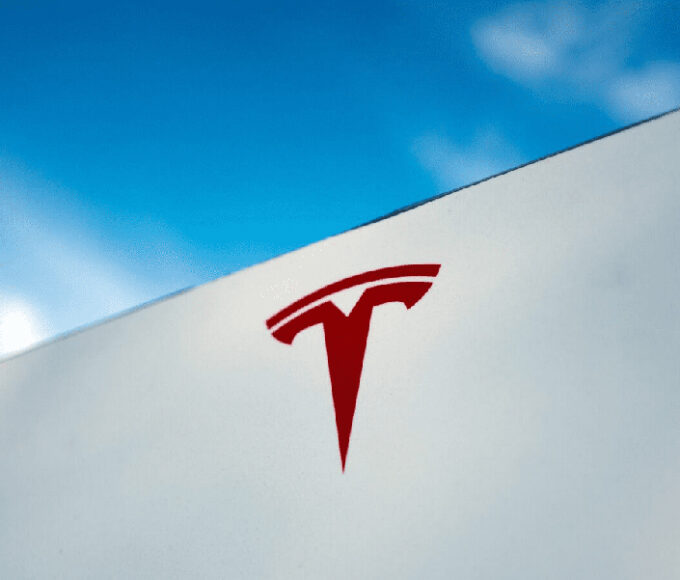
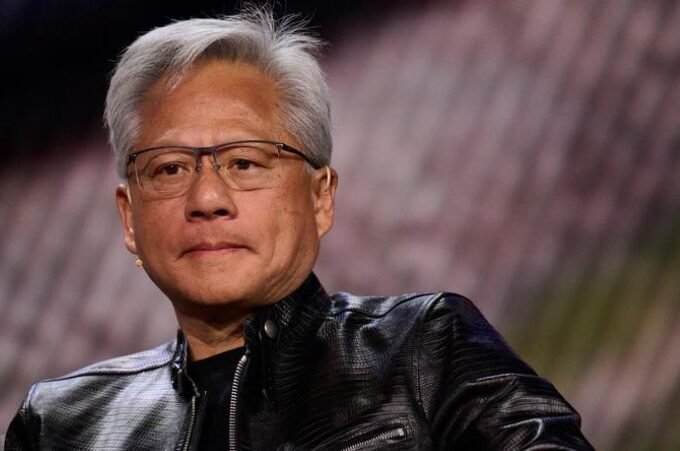
Leave a comment